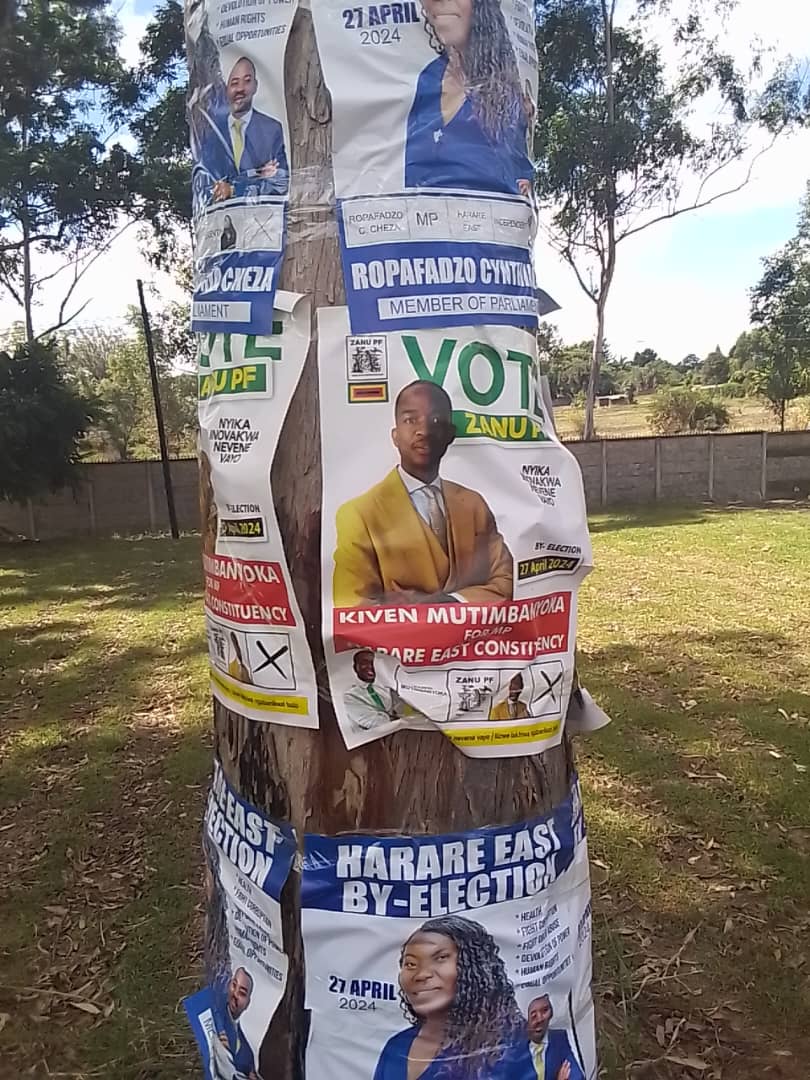Reflections On The Psychology and Motive Of Murders
Share
MUTARE-For a killing to be considered murder, there normally needs to be an
element of intent. For this argument to be successful the killer generally needs
to demonstrate that he/she took precautions not to kill and that the death could
not have been anticipated or was unavoidable, whatever action taken.
The official global murder rate per annum however, is rising toward one
million, but there is no universal, cross-cultural meaning of murder that can be
adhered to in any context, no matter who are the victims and who the killers are.
Moreover, societies adopt their own moral hierarchies of murder depending on
who the victims and perpetrators are.
This means that even if all killing is legally proscribed, particular types of
killing are given harsher punishments than others.
In light of the presence of many different types of murders, a lot is left to
question about the reasons for committing murder.
In police cases and investigations, the motive behind a murder is central and
critical. Although a conviction is possible without a motive being discovered,
finding a specific reason makes it much more likely.
Motives for murder can be condensed into four sets such as lust, love, loathing
and loot.
In reference to a lust murder, a lover kills a rival for his or her object of desire.
This has been steadily on the increase and common around drinking halls when
two parties, particularly under the influence of alcohol square off over a lover or
supposed lover. The ‘thrill-killer’ often kills for sexual gains and the
gratification of being the one to win and woo the intended partner.
Love killing which most may sympathise with in society is the 'mercy killing' of
a baby with a major deformity or partner with incurable disease such as cancer.
Loathing murder involves lethal hate directed towards one person, for example,
an abusive parent or partner or hate towards a particular societal group or tribe
as the Rwandan genocides, hate towards a culture or nation.
Loot is defined as killing for financial gain through inheritance or insurance
pay-out, a murder occurring during a robbery, or gang-warfare over the control
of drug market or through employment as a contract killer or mercenary.
The above generally categorises the logical motives behind killings. But finding
a motive for murder does not go far enough to explain murder and the
psychology of it. Most people experience lust, love, and loathing, and seek 'loot'
in the sense of wishing to be free from financial concerns. However, the vast
majority of people do not commit murder to gain such.
The question raised would be are these murderers to be considered mentally
stable in their conduct and how then does society perceive and deal with such
individuals.
Recently Manicaland police spokesperson Inspector Nobert Muzondo raised a
red flag and concern over the increase of murders occurring in Manicaland
province alone and called on society to join hands in tackling the reasons behind
such heinous acts.
Inspector Muzondo said the police serves the mandate to protect and serve the
public and part of the mandate of protecting involves protecting would be
victims from falling into the hands of murderers.
“Reducing the instances of murder cases can only be achieved if we manage to
tackle the motives and psychology of murders from a multi-thronged approach.
We live in society with different beliefs, ways of life and cultures which we
should not treat in isolation with regards to murder investigations. Arresting and
convicting a murderer only solves half the problem the society is faced with,”
said Insp Muzondo.
An author and sociologist, Sandra Bloom in her book ‘Violence: A Public
Health Menace and a Public Health Approach’ argues that societies, are
essentially 'sick' due to their addiction to violence.
She states that it is society rather than individuals that propagates violence.
Values such as those associated with actual physical violence, or
competitiveness in sport and at work, are inculcated into the individual via, for
example, the educational system and the media.
Society hence provides the backbone and starting point in addressing murder
cases and how society has contributed to the surge in numbers over the past few
months.
This calls for deeper digging into the education system and its teachings against
social vices, the religious make up of societies and their stance against murder,
the cultural values and norms regarding handling of murder cases. This calls for
traditional leadership to come on boards in assisting the police force on such
matters.
The general public tends to view murderers as absolutely evil persons or people
so damaged they cannot possibly live among them. But most killers are
untreated traumatised children who are controlling the actions of the adults they
have grown to become.
Trauma is fundamental, but often the general public does not see that part of it
through the socialisation of individuals. They see the result of trauma rather
than a murder's origins in trauma.
Inspector Muzondo also highlighted the issue of spirituality to be of note in
handling such delicate matters, with concerns raised over minors killing minors
to which their motive and intent fails to tick the boxes of the ’Ls’ of murder
intent.
“We are Africans, we are Zimbabweans, African Traditional Religion (ATR)
points to a spiritual world in which our lives are controlled by two realms.
Traditionalists however should not be left out in the quest to fight against
murders and suicide tendencies in the communities,” he added.







